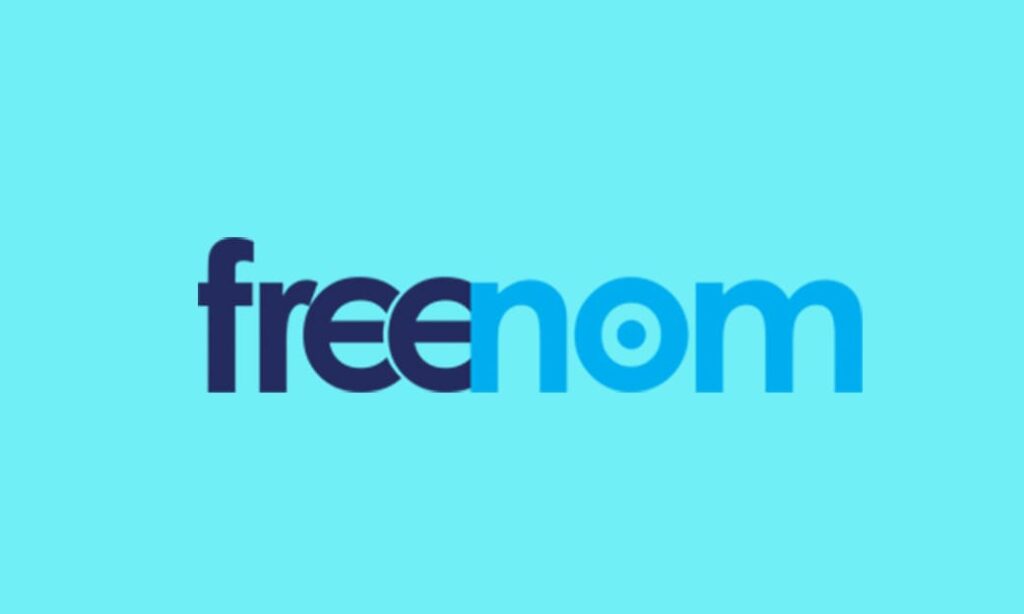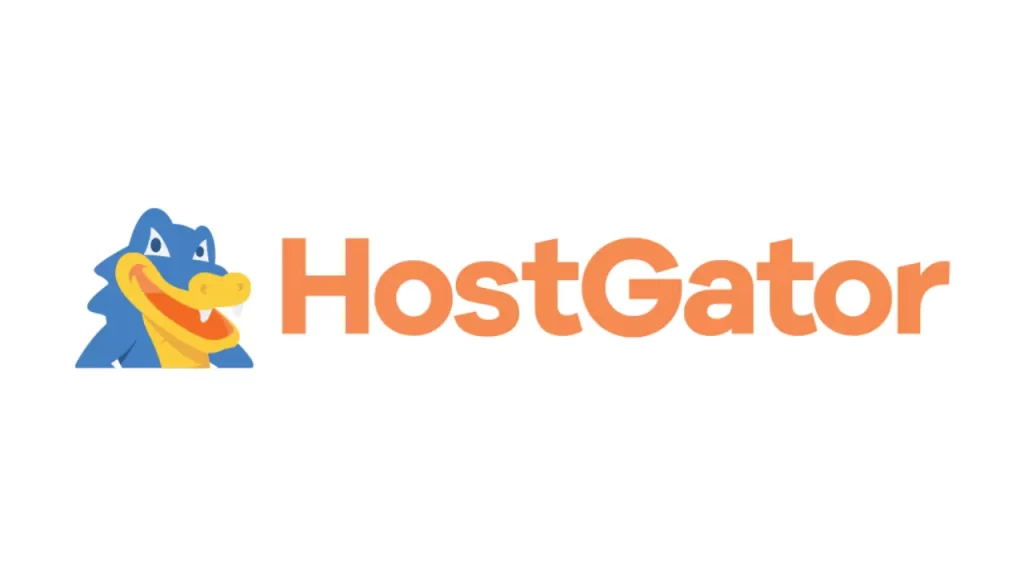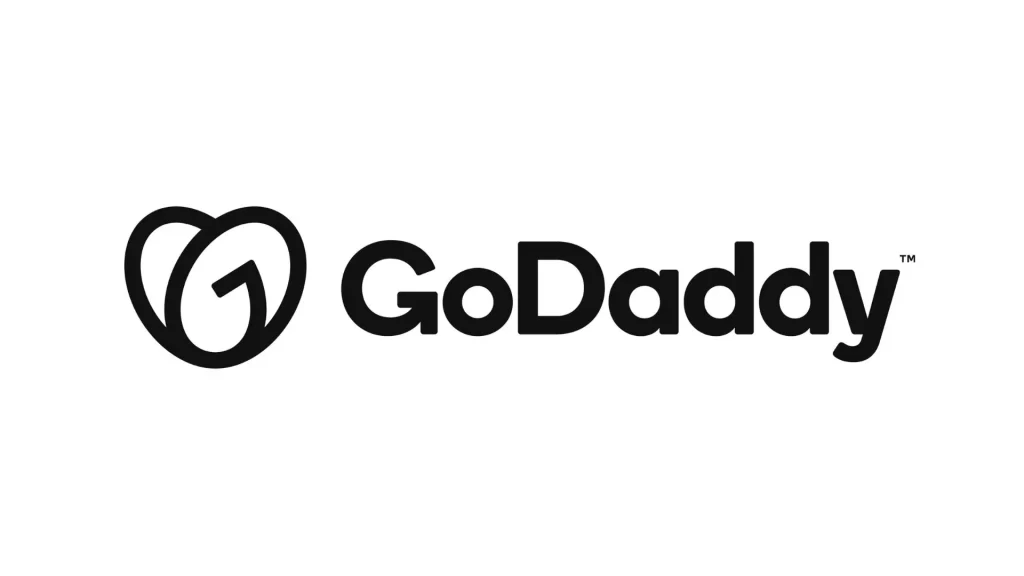In the ever-evolving landscape of online presence, securing the right domain name is paramount. Freenom, a popular domain registrar offering free domain registration, has garnered attention over the years. However, as businesses and individuals seek more robust solutions for their online needs, the search for reliable Freenom alternatives intensifies.
Unveiling Freenom’s Features and Limitations

Features That Freenom Brings to the Table
Freenom has undeniably made its mark with its unique set of features. These include the provision of free domain extensions like .tk, .ml, .ga, .cf, and .gq. Additionally, they offer a straightforward registration process and DNS management, making it accessible to a wide range of users.
However, it’s essential to delve deeper into Freenom’s offerings. While the allure of free domains is undeniable, there are associated limitations that must be considered. These limitations often manifest in the form of restrictions on customization and control, leading to a one-size-fits-all approach that may not align with the unique needs of businesses and individuals. Moreover, Freenom’s customer support can sometimes fall short of expectations, leaving users frustrated when they encounter issues that require prompt resolution.
What Sets Freenom Apart?
Freenom’s standout feature is undoubtedly the provision of free domain extensions. This offering appeals to budget-conscious individuals and small businesses looking to establish an online presence without significant upfront costs.
While the appeal of free domains is evident, it’s crucial to weigh this against the trade-offs. Free domains often come with limitations on customization, branding, and control. This means that as your online presence grows and evolves, you may find yourself constrained by the rigid structure imposed by Freenom. Additionally, the reliability of free domains can vary, potentially impacting your website’s uptime and user experience.
The Need for Freenom Alternatives

As the digital landscape evolves, the limitations of Freenom become increasingly apparent. Many users find themselves in need of Freenom alternatives that offer greater flexibility, reliability, and control.
1. Limitations of Freenom
Beyond its merits, Freenom presents certain limitations that may hinder your online objectives. Understanding these constraints is crucial before exploring Freenom alternatives.
Freenom’s free domain extensions, while enticing, come with inherent restrictions. These limitations extend to customization, making it challenging to create a unique and professional online presence. Moreover, the control over your domain may be limited, leaving you at the mercy of Freenom’s policies and procedures.
2. Growing Business Demands
As your online presence and business grow, the limitations of Freenom become more evident. Discover how Freenom alternatives can accommodate your expanding needs.
While Freenom’s free domains serve as a cost-effective entry point, they may not scale with your business aspirations. A growing business demands more flexibility, customization, and control over its online assets. Alternative domain registrars can provide the robust features required to support your expanding online presence.
3. Enhanced Control and Customization
Freenom’s free domains come with limited customization options. Explore Freenom alternatives that provide greater control over your domain’s look and functionality.
Your website is often the first point of contact between you and your audience. It’s a reflection of your brand, values, and offerings. With Freenom, customization options are limited, restricting your ability to create a truly unique and professional online presence. Freenom alternatives offer enhanced control, allowing you to tailor your domain to your specific needs, ensuring a compelling and memorable user experience.
4. Reliability and Uptime
Consistent uptime and reliability are vital for your website’s success. Learn how Freenom alternatives can offer a more stable online experience.
Downtime can be a nightmare for website owners, causing loss of revenue, credibility, and user trust. Freenom’s free domains may occasionally suffer from downtime, impacting your online presence’s reliability. Exploring Freenom alternatives that prioritize uptime and reliability can ensure that your website remains accessible to users without interruptions.
Commonly Used Freenom Alternatives For Domain Registration

Now that we’ve explored the limitations of Freenom and why the need for Freenom alternatives arises, let’s delve into some of the commonly used Freenom alternatives and examine their unique offerings in more detail.
1. GoDaddy
GoDaddy is a behemoth in the domain registration industry, known for its extensive domain extension options and robust hosting services. With 24/7 customer support and a user-friendly interface, GoDaddy is a go-to choice for many.
GoDaddy’s extensive domain extension options provide you with the flexibility to choose a domain that perfectly represents your online identity. Whether you’re seeking a classic .com domain or a more niche extension, GoDaddy likely has it in its vast inventory.
2. Namecheap
Namecheap, as the name suggests, offers competitive pricing and user-friendly domain management tools. They boast a wide range of domain extensions and often run promotions and discounts, making it a cost-effective choice.
Namecheap’s commitment to affordability extends beyond just domain registration. They also offer domain privacy protection for free, ensuring that your personal information remains private and secure. This additional layer of security can be a crucial consideration when selecting a registrar.
3. Google Domains
Google Domains provides a seamless and intuitive platform for domain management. With the backing of Google’s infrastructure, it offers reliability and ease of use.
One of the standout features of Google Domains is its integration with Google Workspace, which includes professional email, Google Drive, and other productivity tools. This integration can streamline your online presence management, making it an attractive option for businesses.
4. NameSilo
NameSilo is renowned for its transparent pricing and free domain privacy protection. This registrar caters to those who value straightforward and cost-effective solutions.
NameSilo’s commitment to transparency means you won’t encounter hidden fees or surprises when it comes to pricing. Additionally, the inclusion of free domain privacy protection ensures that your personal information remains shielded from public view, enhancing your online security.
5. Hover
Hover focuses on simplicity, offering a clean and user-friendly interface for domain management. Their emphasis on excellent customer support sets them apart.
What truly sets Hover apart is their dedication to providing exceptional customer support. When you encounter questions or issues, you can expect prompt and knowledgeable assistance from their support team. This level of service can be invaluable, especially for those new to domain management.
6. Bluehost
Bluehost, primarily a web hosting provider, also offers domain registration services. This integrated approach can be convenient for those seeking a one-stop solution.
Bluehost’s seamless integration of domain registration with hosting services means you can manage all aspects of your online presence under one roof. This simplifies the process and ensures that your domain and hosting work seamlessly together.
7. HostGator
HostGator, like Bluehost, combines domain registration with web hosting. Their competitive pricing and reliability make them a viable Freenom alternative.
HostGator’s reputation for reliability and competitive pricing makes it a strong contender in the domain registrar space. Whether you’re launching a personal blog or a full-fledged e-commerce site, HostGator has hosting options to suit your needs.
8. Name.com
Name.com offers a variety of domain extensions and a straightforward interface. They are known for their responsive customer support.
Name.com’s broad selection of domain extensions ensures that you can find the perfect domain to represent your online identity. Their responsive customer support team is readily available to assist you with any inquiries or concerns you may have.
9. IONOS by 1&1
IONOS provides domain registration and web hosting services, offering a range of domain extensions and hosting packages. Their all-in-one approach can simplify your online endeavors.
IONOS by 1&1’s all-in-one approach means you can seamlessly integrate domain registration with web hosting, email hosting, and other online services. This can simplify your online presence management and reduce the hassle of dealing with multiple providers.
10. Dynadot
Dynadot is a domain registrar with competitive pricing and free domain privacy protection. Their user-friendly platform appeals to both beginners and experienced users.
Dynadot’s competitive pricing extends to domain registration and renewal fees, making it an attractive option for those conscious of their budget. Their user-friendly platform is designed to cater to users of all experience levels, from beginners to seasoned professionals.
11. Gandi
Gandi places a strong emphasis on privacy and security, offering a range of domain extensions and free domain privacy protection.
Gandi’s commitment to privacy and security means that your personal information remains confidential when you register a domain with them. Additionally, their diverse selection of domain extensions allows you to choose a domain that aligns perfectly with your online goals.
12. Porkbun
Porkbun, with its quirky name, offers competitive pricing and a straightforward user interface. They aim to simplify the domain registration process.
Porkbun’s focus on simplifying the domain registration process means you can quickly and easily secure the domain name you desire. Their pricing is competitive, ensuring that you get excellent value for your investment.
Factors To Consider While Choosing The Perfect Freenom Alternative

When choosing the ideal Freenom alternative for your domain needs, consider the following factors:
1. Domain Extensions
Evaluate the range of domain extensions offered by the registrar. Ensure they align with your branding and online identity. Having a broad selection of extensions allows you to choose a domain that truly represents your online presence.
2. Pricing and Transparency
Compare pricing structures and look for hidden fees. Transparency in pricing can save you from surprises later on. It’s not just the initial cost but also renewal prices that can impact your long-term budget.
3. Customer Support
A responsive and knowledgeable customer support team can be invaluable, especially when issues arise. Consider the availability of customer support channels, response times, and user feedback when assessing Freenom alternatives.
4. Domain Transfer Policies
Examine the registrar’s policies regarding domain transfers. Ensure they align with your long-term plans and flexibility requirements. Some registrars make it easier to transfer domains in and out, while others may have restrictive policies.
5. Additional Services
Consider any additional services offered, such as hosting, SSL certificates, or email hosting, to streamline your online presence management. Having these services integrated with your domain registrar can simplify administrative tasks.
Conclusion
While Freenom has served as a gateway to the digital world for many, it’s crucial to recognize that the online landscape is evolving. To meet the evolving demands of individuals and businesses alike, exploring Freenom alternatives is a prudent step. Whether it’s the robust services of GoDaddy, the affordability of Namecheap, or the simplicity of NameSilo, there’s a wide array of options to choose from. By carefully weighing your specific needs against the features of each Freenom alternative, you can ensure a seamless and successful online journey.









